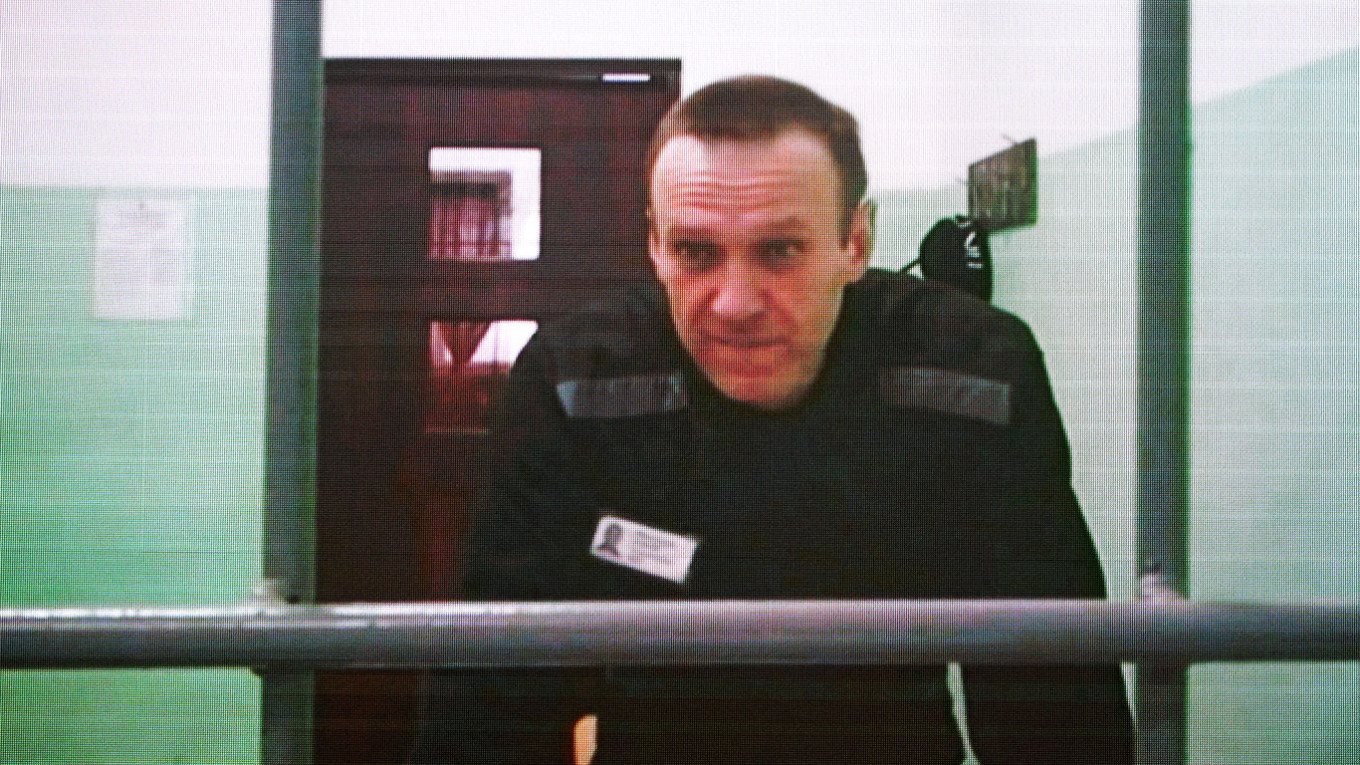President Vladimir Putin’s most vocal domestic opponent, who is already serving a nine-year prison sentence on fraud charges that he denies, was charged with the financing of extremist activity, publicly inciting extremist activities and “rehabilitating Nazi ideology.”
The Moscow City Court found him guilty of all the charges following a behind-closed-doors trial held at Navalny’s prison colony east of Moscow.
He will spend the 19-year sentence at a restrictive “special-regime” prison.
It was not immediately clear when the sentence will start.
Prosecutors had requested a 20-year sentence for Navalny.
The sentencing comes a year and a half into Russia’s wartime crackdown on the country’s anti-Kremlin opposition, with nearly all prominent critics now jailed or in exile.
In a social media post published Thursday, Navalny, 47, said he expected to be handed a long, “Stalinist” sentence and called on his supporters to fight against “the corruption of Putin and his officials.”
“When the figure is announced, please show solidarity with me and other political prisoners by thinking for a minute why such an exemplary huge term is necessary. Its main purpose is to intimidate. You, not me,” Navalny said, addressing Russian society.
Navalny’s associates told The Moscow Times that they see his prison term as punishment for his political activism and vowed to continue to work on his behalf from abroad.
“We have learned to work even in the absence of Alexei. We have an increasingly developing structure, undertaking more tasks, setting new goals, and making plans for the future,” Navalny ally Dmitry Nizovtsev told The Moscow Times.
Yet his allies and experts say Navalny will be even more cut off from the outside world in the “special-regime” prison.
“The goal is to ultimately silence him — to erase his voice, to prevent his presence on social media even through his lawyers, so he would dismantle his team and not appear on international media, and erase his role as Vladimir Putin’s opposition,” said Kirill Martynov, the editor-in-chief of the Latvia-based independent news website Novaya Gazeta Europe.
“In my view, the current verdict is largely aimed at achieving this,” Martynov told The Moscow Times, referring to the special-regime prison. “It is clear that the number of contacts with the outside world will be even less, and the Russian authorities hope that Navalny’s voice will simply not exist in the public space.”
Over the past decade, Navalny built a huge following with investigations exposing alleged corruption within the Russian elite and mobilized massive protests across the country.
Since being imprisoned in early 2021 he has continued to speak out against the Kremlin and has opposed its military offensive on Ukraine.
Navalny spent his last days before the verdict in a punishment cell, where he is regularly sent over minor infringements of prison rules, his spokesperson said.
In total, he has spent almost 200 days in the cell, according to his team, which has denounced harassment from prison authorities.
Navalny said prison officials forced him to share a cell with a sickly inmate and subjected him and other prisoners to “torture by Putin,” making them listen to the Russian president’s speeches.
He has also complained of health problems and experienced significant weight loss since being placed in a strict-regime penal colony.
